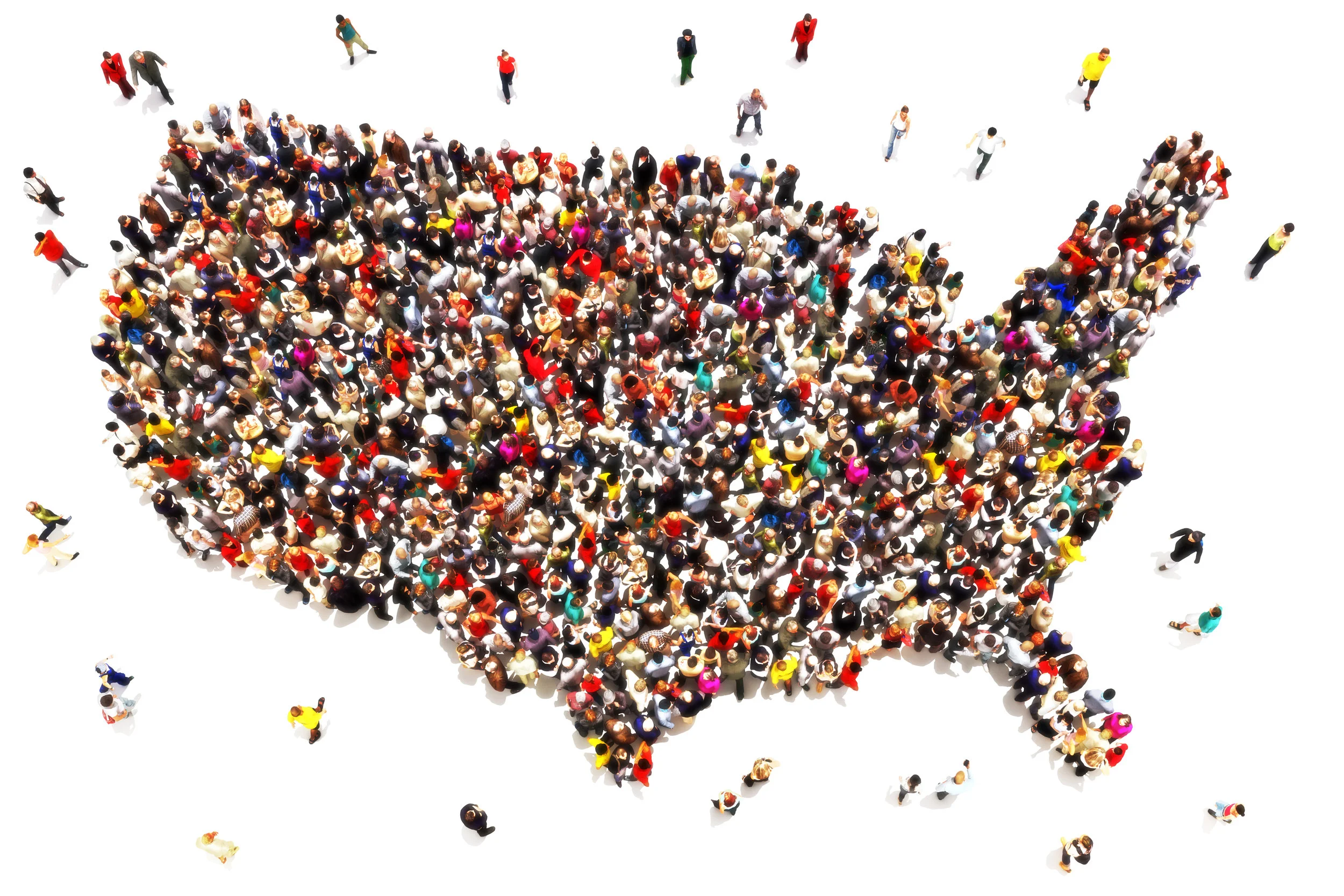Recent polls have shown a sharp partisan divide in American’s opinions about Electoral College reform, though a majority still prefers a national popular vote. But the national popular vote was not always an issue that split along partisan issue. Polls from the 1960s and 1980s showed that large majorities of Republicans and Democrats both favored a national popular vote in nearly equal numbers.
During that era, there was a robust effort to reform the Electoral College by constitutional amendment spearheaded by Senator Birch Bayh of Indiana. As Jesse Wegman wrote in the New York Times:
In a remarkable speech on May 18, 1966, Mr. Bayh said the hearings had convinced him that the Electoral College was no longer compatible with the values of American democracy, if it had ever been. The founders who created it excluded everyone other than landowning white men from voting. But virtually every development in the two centuries since — giving the vote to African-Americans and women, switching to popular elections of senators and the establishment of the one-person-one-vote principle, to name a few — had moved the country in the opposite direction.
Adopting a direct vote for president was the “logical, realistic and proper continuation of this nation’s tradition and history — a tradition of continuous expansion of the franchise and equality in voting,” he said.
He then explained how the Electoral College was continuing to harm the country. The winner-take-all method of allocating electors — used by every state at the time, and by all but two today — doesn’t simply risk putting the popular-vote loser in the White House. It also encourages candidates to concentrate their campaigns in a small number of battleground states and ignore a vast majority of Americans. It was no way to run a modern democracy.
Despite having the support of more than 80% of the population according to a 1968 Gallup poll, the effort to amend the Constitution failed, as nearly all proposed constitutional amendments do.
Fortunately, with the National Popular Vote Interstate Compact, an amendment isn’t required to make all votes matter.

